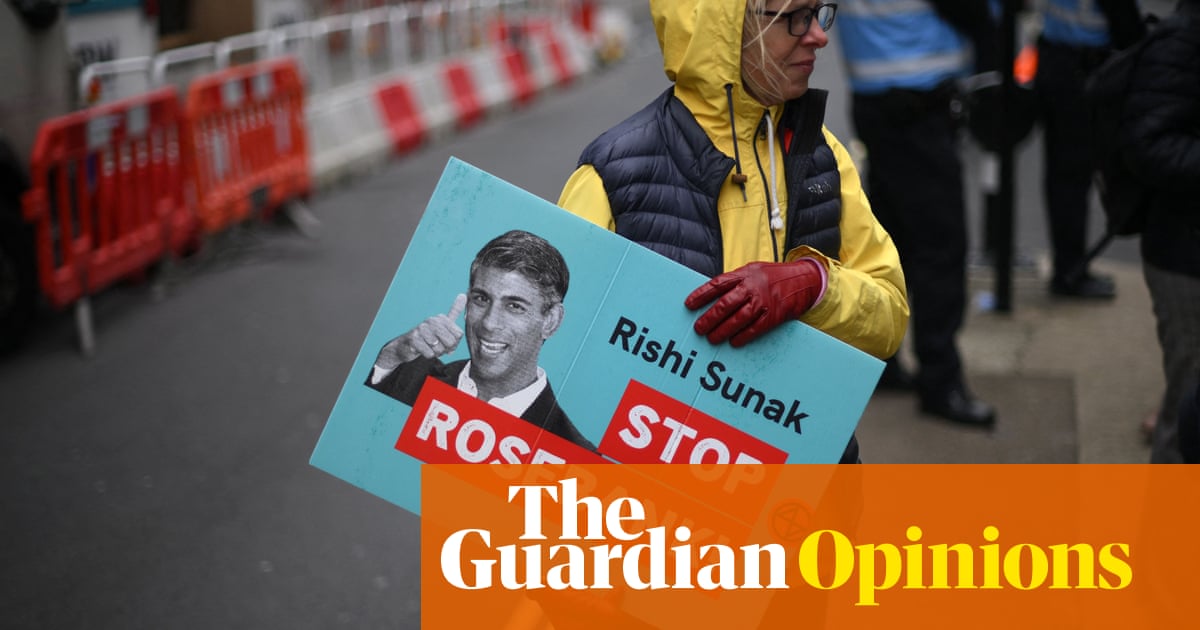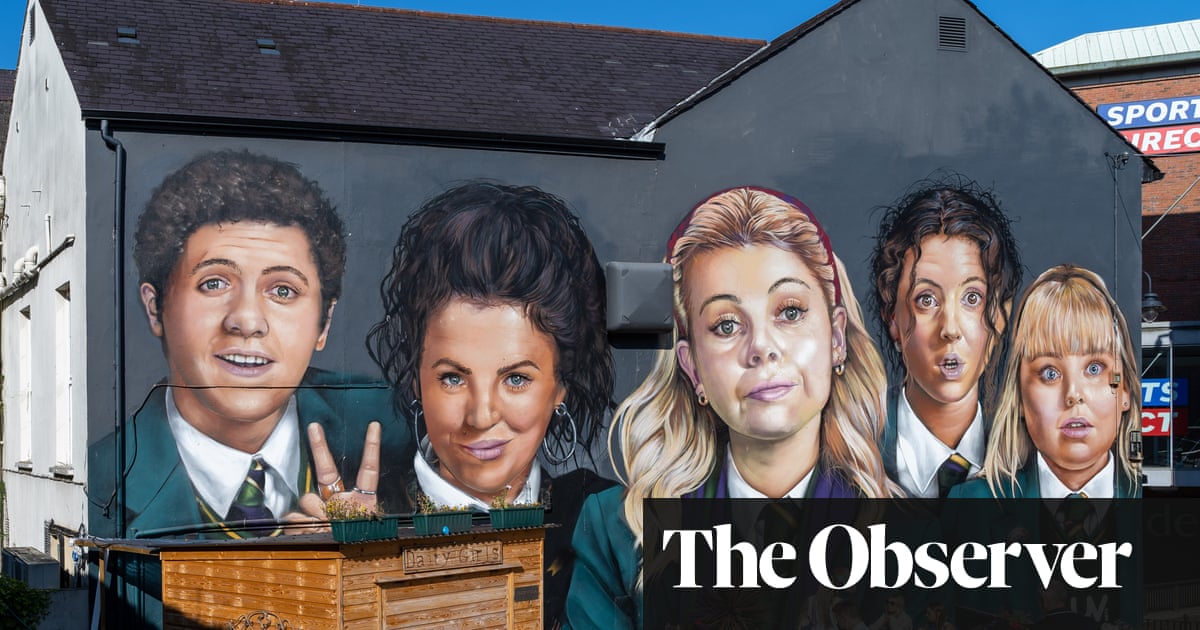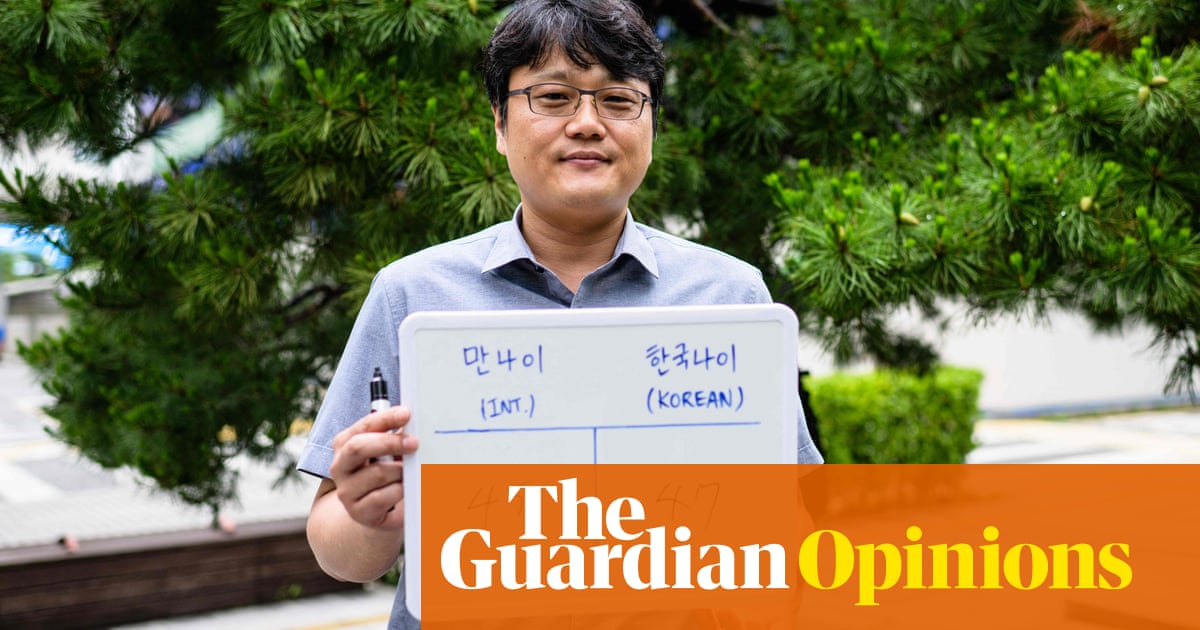
For just a moment in September 2015, it seemed that the wave of compassion generated by the photograph of a three-year-old boy lying dead on a Turkish beach might lead to meaningful change. Alan Kurdi, along with his 35-year-old mother, Rehan, and five-year-old brother, Galip, drowned in a desperate attempt to cross the 5-kilometer stretch of water between Turkey and the Greek island of Kos in a dangerously unsuitable boat. The family, ethnic Kurds driven from their home in Syria by the civil war, had sought refuge in Turkey while awaiting the outcome of an application to join family in Canada. It was rejected and the boys’ father, Abdullah, resorted to desperate measures. He alone survived. “We want the world’s attention on us,” the grief-stricken father told the press as he described how his children had slipped from his hands. “This has to be a wake-up call to the whole world,” he said.
Three years on, it’s clear that it wasn’t. This September, another Syrian boy, five-year-old Khaled Nejmeh, drowned as his family tried to cross from Lebanon to Cyprus. His passing, like that of thousands of others since 2015, has been completely ignored. Europe, it seems, has become utterly desensitized to the tragedy on its southern border.
According to the latest figures from the UN’s refugee agency, as of Nov. 30, 2,123 migrants have drowned or are missing after attempting to cross the Mediterranean this year. This brings the total number of refugees drowned since 2014 to 17,663, of whom a reported one-fifth were children.
Though Europe has taken in some Syrian refugees, the EU has preferred to keep the problem at arm’s length, paying millions to countries along the North African coastline to intercept and detain migrants. The consequences can be seen in the dreadful makeshift camps in Libya, where the refugees, unwanted by their reluctant hosts but unable to go home, exist in squalor.
This callous subcontracting by Europe of its dirty work is bad enough but, during the past year, several European governments have sunk to new lows. Countries including France, Malta and Italy have turned away ships carrying rescued migrants. Twelve people were recently stranded at sea for more than a week after being rescued by a Spanish fishing boat. Malta and Italy had insisted that they be returned to Libya, despite the UN refugee agency declaring this an unsafe country to which refugees should not be returned. The former eventually took them in, but insists they will be moved on to Spain.
The refugee crisis is not of Europe’s making, but some of the richest countries on the planet appear to have lost sight of their responsibility to extend a helping hand to the victims of circumstances so desperate that they see no choice but to risk it all.
Jonathan Gornall
But, even worse, in recent months rescue ships operated by three European NGOs have been held in various European ports on spurious technical grounds.
On Universal Children’s Day, Nov. 20, the European Commission issued a statement declaring that its “commitment to the protection of children worldwide” was “a moral duty.” No child, it said, “is left behind.” This hollow platitude was expressed a month after the rescue ship Sea-Watch 3 was finally allowed to be put to sea, having spent three months impounded in Malta. Two other ships and a search-and-rescue aircraft operated by Swiss Humanitarian Pilots were similarly detained. How many of those lost at sea during those months might have been saved if those precious assets had not been detained?
In the two months from November 2017 to January 2018, Sea-Watch 3 alone rescued 1,500 people. While the ship was detained, at least 500 people drowned — probably more, according to the non-profit NGO, “since no one was there, at the world’s deadliest border, to report their fate.”
It is difficult to contest the assertion of NGOs that, for reasons of internal politics, European governments have been sabotaging their efforts to save the lives of refugees.
The refugee crisis is not of Europe’s making, but some of the richest countries on the planet appear to have lost sight of their responsibility to extend a helping hand to the victims of circumstances so desperate that they see no choice but to risk it all.
Driven by fear of a rising tide of ugly populism, whipped up across Europe by political groups peddling unfounded fears about threats posed by migrants in general and Muslims in particular, mainstream politicians have forsaken liberal principles to avoid being swept from power by right-wing landslides.
The Brexit crisis currently engulfing Britain typifies this craven abandonment of morality. In 2013, spooked by the anti-immigration posturing of the right-wing UK Independence Party (UKIP), the Conservative Party promised to stage a referendum on the country’s membership of the EU if it were returned to power in 2015. As the referendum campaign began, UKIP accused Muslims of “coming here to take us over” and misleadingly used images of Syrian refugees on posters claiming that Britain was at “breaking point.” The party’s current leader, Gerard Batten, wants to repeal hate crime laws.
Last month, Britain witnessed one consequence of this relentless propaganda, when a video emerged on social media showing a 15-year-old Syrian boy being attacked in a school playground in the north of England, where his family had found sanctuary from the conflict that had driven them from their home. His attacker, spewing racist bile, was a 16-year-old British boy, but the ultimate blame does not lie with him — no child, after all, is born hating. His views will have been formed by his elders, who in turn will have fallen prey to the poisonous propaganda of right-wing politicians.
It is they who bear the burden of responsibility for this attack, as they must also answer for the shameful inhumanity that has seen Europe turn its back on drowning children.
Jonathan Gornall is a British journalist, formerly with The Times, who has lived and worked in the Middle East and is now based in the UK. He specializes in health, a subject on which he writes for the British Medical Journal and others.
Disclaimer: Views expressed by writers in this section are their own and do not necessarily reflect Arab News" point-of-view












